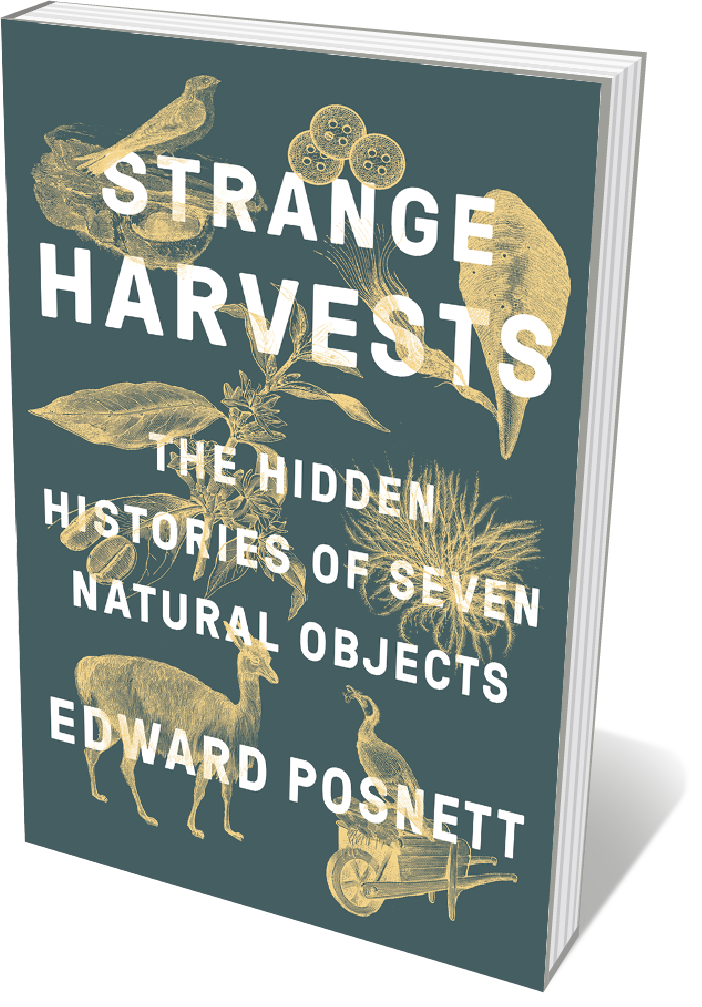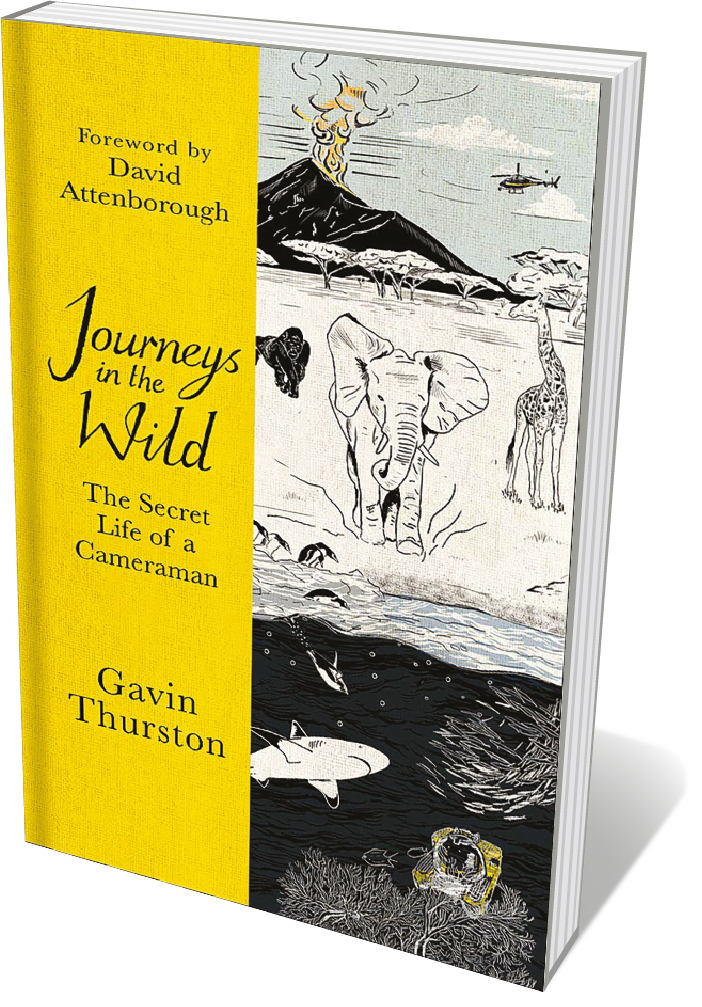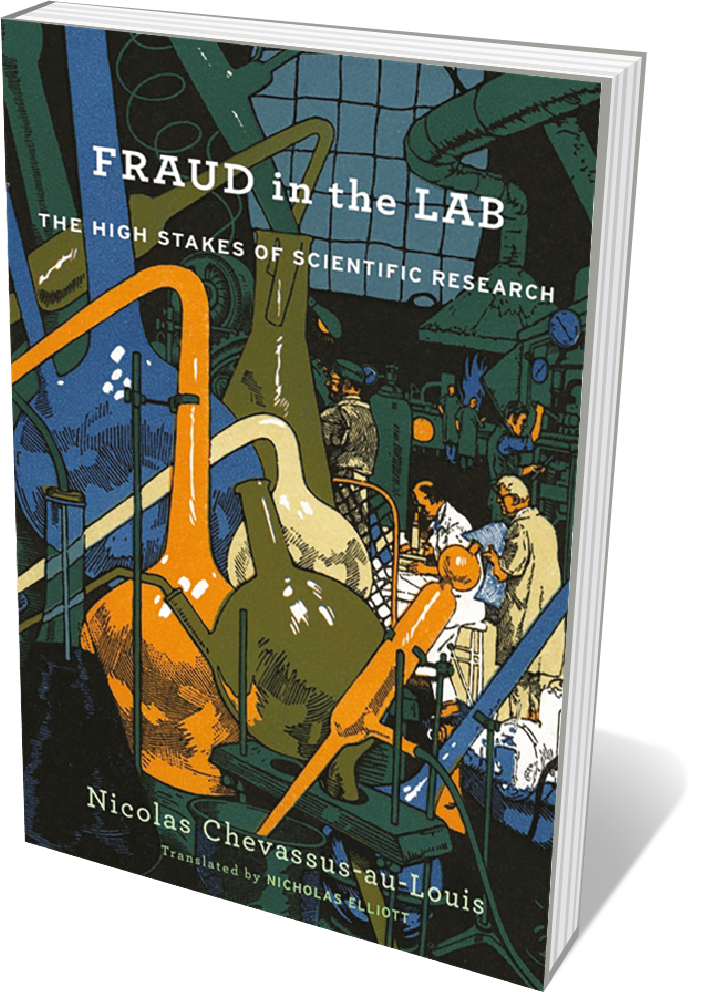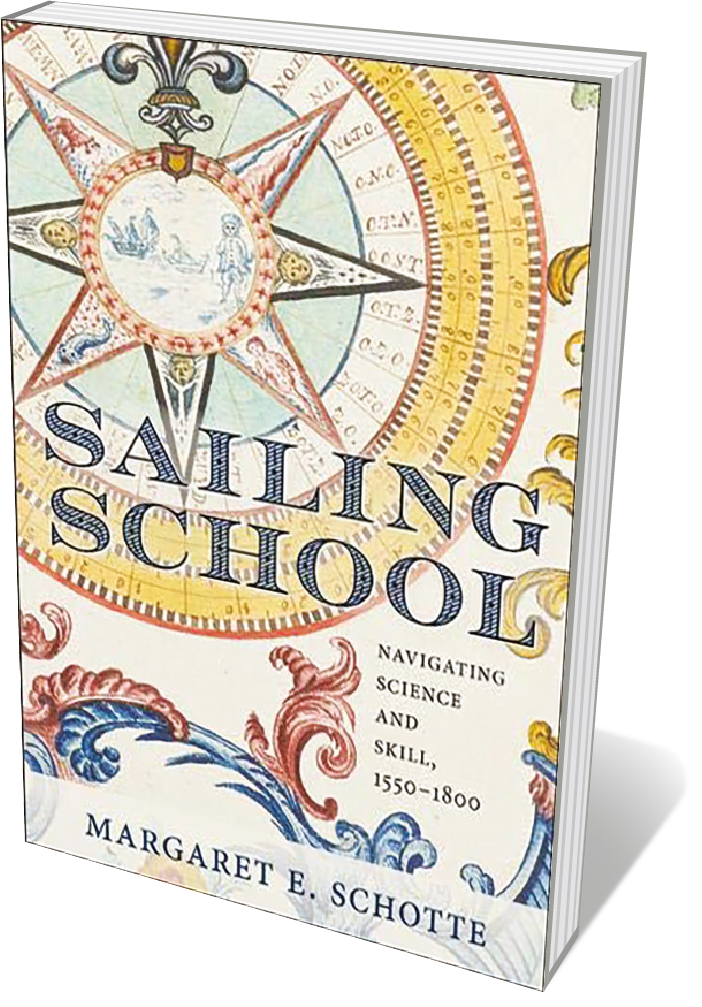
Edward Posnett Viking (2019)
The global journeys of commodities such as salt have largely been told. In this subtle, reflective study, nature writer Edward Posnett follows the wake of seven very different products. Harvested from living plants and animals, they range from tagua (vegetable ivory, the nut of South American palm Phytelephas) to byssus (the ‘sea silk’ exuded by marine molluscs as anchorage). Woven through are moving stories of the remote microeconomies engaged in these trades, such as Iceland’s eiderdown gatherers who, year on year, give safe haven to thousands of wild eider ducks in nesting season.

Gavin Thurston Seven Dials (2019)
Neither plane crashes, political coups nor a mighty slap from a silverback gorilla have put wildlife cameraman Gavin Thurston off his stride. A force behind documentaries such as David Attenborough’s BBC series Blue Planet II, Thurston has chased fauna worldwide for 40 years. His no-holds-barred memoir plunges you into the serendipities and perils of working in the remote wilderness, as he stands stock-still to ‘hide’ from short-sighted African elephants in Kenya, films demoiselle cranes flying 6 kilometres up above Nepal, or marvels at the hiss of Mauritania’s dryland crocodiles.

Nicolas Chevassus-au-Louis, tr. Nicholas Elliott Harvard Univ. Press (2019)
This bracing critical analysis, now in its first English edition, skewers the ‘publish or perish’ lab culture driving scientific fraud. Science writer Nicolas Chevassus-au-Louis explores the terrain through cases such as medical researcher William Summerlin, who inked transplanted mouse skin to falsify results in the 1970s. And he shows the serious, real-life impacts of “data beautification”, manipulated images and plagiarism. His solution for science? Think communally, end the tyranny of impact factors — and slow down.

Lawrence Weschler Farrar, Straus & Giroux (2019)
In the 1980s, Oliver Sacks regularly met with journalist Lawrence Weschler for what became a four-year interview, casting back over the neurologist’s tumultuous early career. That trove forms the bulk of Weschler’s engrossing biographical memoir. This is Sacks at full blast: on endless ward rounds, observing his post-encephalitic patients (portrayed in his 1973 book Awakenings), exulting over horseshoe crabs and chunks of Iceland spar. Weschler ends by speculating that Sacks altered neurological practice itself through his attentive compassion for the patients who feature in his stories.

Margaret E. Schotte Johns Hopkins Univ. Press (2019)
From the Renaissance to the Enlightenment, a singular publishing boom played out in Europe’s maritime nations. As voyages stretched into open ocean, mathematical expertise in celestial navigation became essential. Hands-on instruction with instruments remained key, but as historian Margaret Schotte reveals in this deft, scholarly chronicle, the nautical manual soon came into its own. Between 1509 and 1800, some 600 were published across 6 countries to impart the necessary theory, helping sailors to become scientists in the classroom as well as on ship’s deck.







